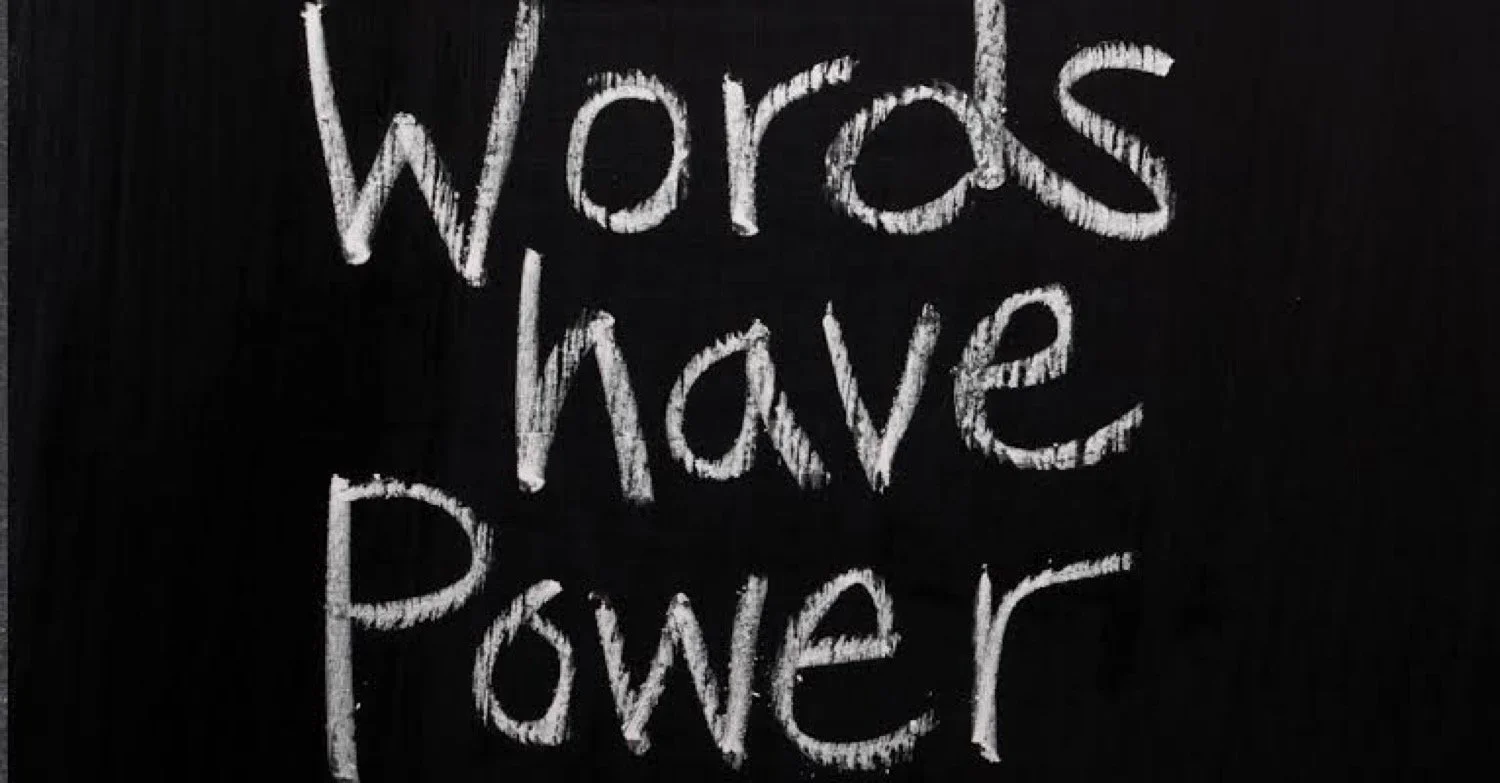Readings for today: Proverbs 17-20
Words are powerful. They can be used to bless and build up. They can be used to comfort and encourage. They can be used to inspire and motivate. Sadly they can also be used to curse and tear down. They can be used to wound and discourage. They can be used to shame and condemn. The old adage, “Sticks and stones may break my bones but words will never hurt me” simply doesn’t pass muster. We’ve all been hurt by the things someone has said or left unsaid. We all carry deep wounds from things that were said to us as young children or young adults by those in authority in our lives. At the same time, we also can recall vivid memories when words were shared with us that left a positive impression. Words that healed or uplifted or perhaps even changed the course of our lives.
Today’s reading carries a strong warning to us to watch how we use our words. “Death and life are in the power of the tongue, and those who love it will eat its fruits.” (Prov. 18:21) Normally when I read this verse and the many others like it that are sprinkled throughout the Scriptures, I think of rash words. Words said in anger. Words said in frustration. Words intended to hurt. Words used as weapons. Words said in ignorance. And I do believe these are exactly the kind of words Solomon is referring to when he writes things like, “A fool's lips walk into a fight, and his mouth invites a beating.” However, serving in an alternative cultural context recently reminded me of yet another layer of meaning.
When I am preparing for one of my trips, I usually have a few people ask me how I will communicate. They ask if the local church planters I train speak English. They do not. They ask me if I have learned to speak any of the local languages like Oromifa or Amharic. I have not with the exception of a few words like “hello” and “thank you.” They then ask about the interpreter and what that experience is like. It isn’t always easy. The challenge for the interpreter is not only communicate the words being spoken but the meaning being conveyed as well, all at the same emotional level as the original speaker. Whew! The best interpreters are able to do all three but it is a monumental challenge! My friend Behailu is one of the most brilliant I have met as are many of the other interpreters I’ve been blessed to have along the way.
The other thing I learn through this process is to confront my self-centeredness. When people ask about the translation process, I used to say, “They don’t speak English so I use an interpreter.” It’s a subtle but important nuance as basically I am saying “they” are lacking because “they” don’t speak my language so I must “help” them by getting an interpreter. Do you see how I’ve centered myself? The better and more humble way to put it would be to say, “I don’t speak Amharic or Oromifa so I need an interpreter.” This puts the focus back on my weakness as a monolingual American. Does that make sense?
Both my use of language and my self-centeredness can make or break a cross-cultural relationship. It’s only by the grace of God that my “mouth hasn’t invited a beating” on any number of occasions where I was culturally insensitive. And because I teach things like theology and leadership, I have marveled that my ignorance of local customs, lingual nuances, etc. doesn’t get more in the way. Again, all credit is due to the Holy Spirit as well as to the brilliance of the translators I get to work with when I am overseas.
The key to harnessing the power of the tongue is to bring every thought captive to Christ. To run every thought. Every emotion. Every idea we have through the grid that is Christ and ask ourselves if it honors Him. Chances are high that we are truly seeking to honor Christ with our lips, we will not speak careless words. We will not cling to our cultural privilege. We will not center ourselves but rather center Christ in our relationships. We will not throw gasoline on the fire of a conflict but instead use gentle words to turn away wrath. We will speak positive words to bring hope. Loving words to ward off hate. You see, the power of the tongue works both ways. It can be used for good as much as evil. It can uplift as much as it tears down. In my experience, simply using my words to bless others makes a huge impact. How can you use your words today to bring about the blessing of God in someone’s life?
Readings for tomorrow: None
